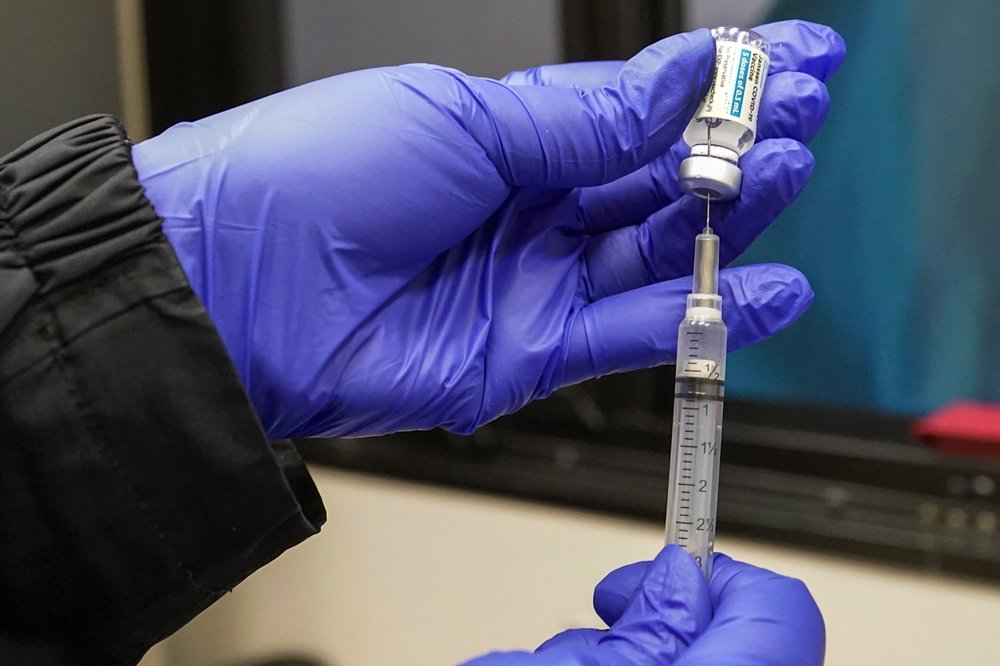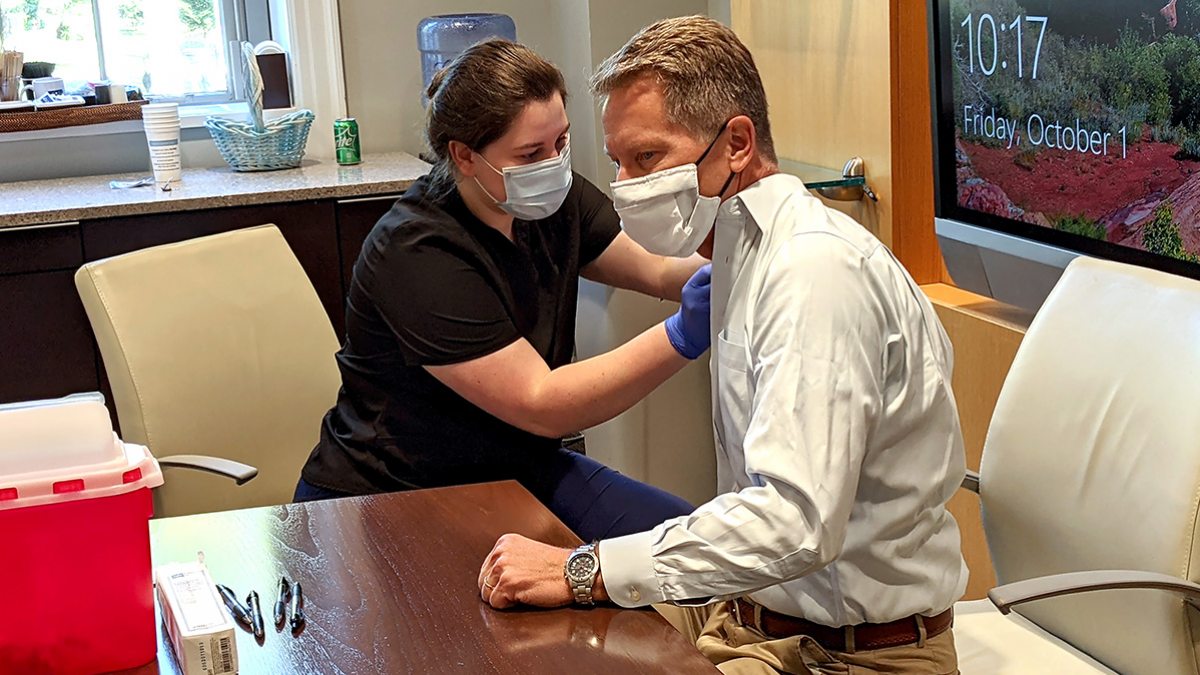In the wake of the Orange County Health Department’s letter of recommendations to UNC, questions have arose regarding why this letter wasn’t immediately made public and what power the health department has over the university.
Quintana Stewart, director of the health department, addressed campus leaders in a July 29 letter, asking UNC to limit on-campus housing to at-risk students with housing needs. Following the public release of Stewart’s letter, UNC’s faculty executive committee held an emergency meeting to get answers from Chancellor Kevin Guskiewicz about where things stand — and why the letter wasn’t made public for a week.
Orange County Commissioner Penny Rich said the role of the health department director is not to answer elected officials — it is to answer to the health department’s board of directors and the state.
“There’s some really good reasons for that because the health director is not a political position,” Rich said. “She should not be influenced by politics. She needs to stay neutral.”
Rich said as soon as the health department’s letter became public to county commissioners Monday night, it was intercepted by social media and went viral. According to Rich, there was a delay in getting this information to the Board because Stewart needed to go through her own advisory board first.
“The reason why it has to go through a process before it becomes public is because she [Stewart] needs to clarify and make sure she goes over everything with her board before it becomes public,” Rich said.
In a note to the campus community, Chancellor Guskewicz said he met with Orange County Health Officials on Friday, two days after he received the letter, back before it was released to the county commissioners and public.
Some of the recommendations listed by Stewart in her letter include restricting on-campus housing to at-risk students and to consider virtual classes for the entire fall semester – or at least the first five weeks.
Rich said whether or not university leadership decides to accept these recommendations, the health department does not have the ability to shut down campus operations.
“The county commissioners, the health department, any of the boards in Orange County cannot shut down the university,” Rich said. “I know that there has been some articles that stated that — that if health department recommends the shutdown then it gets shutdown — but that is absolutely not true.”
In a media release sent Thursday, Stewart confirmed that it is not within her capabilities to shut down the university.
“While it is true the local health director can determine an imminent hazard exists,” she said, “there is a high legal bar for this to survive a judicial challenge and there is also cost associated with shutting down the UNC campus.
“The statute provides a single method for the recovery of costs, ‘local health department shall have a lien on the property of the owner, lessee, operator, or other person in control of the property where the imminent hazard existed for the cost of the abatement of the imminent hazard.’ Since this is the only means of recovering the costs the full cost most likely becomes the burden of the County. This is not a realistic option.”
Despite Orange County’s recommendations, UNC is welcoming students back to campus and classes have already started for graduate students.
“Personally, I don’t think the university should open,” Rich said. “I don’t think there should be any in-person classes right now.”
In wake of the Orange County Health Department’s letter becoming public, Rich, alongside the mayors of Chapel Hill, Carrboro and Hillsborough sent their own letter to the university – backing up the health departments recommendations.
“I think that, just like everyone else, they’re making it up as they go along – which is unfortunate because we’re putting a lot of people’s lives at risk by having these congregated living situations,” Rich said. “I’m not real happy with some of the answers we have. It feels like to me that a lot of the UNC officials have their hands tied. They’re being directed by the Board of Governors, The Board of Trustees and the General Assembly and we all know when that happens it’s not conducive to the values that we have here in Orange County.”
To read the Orange County Health Department’s letter, Penny Rich and the Mayor’s letter as well as Kevin Guskiewicz’s response, click here.
Chapelboro.com does not charge subscription fees. You can support local journalism and our mission to serve the community. Contribute today – every single dollar matters.











